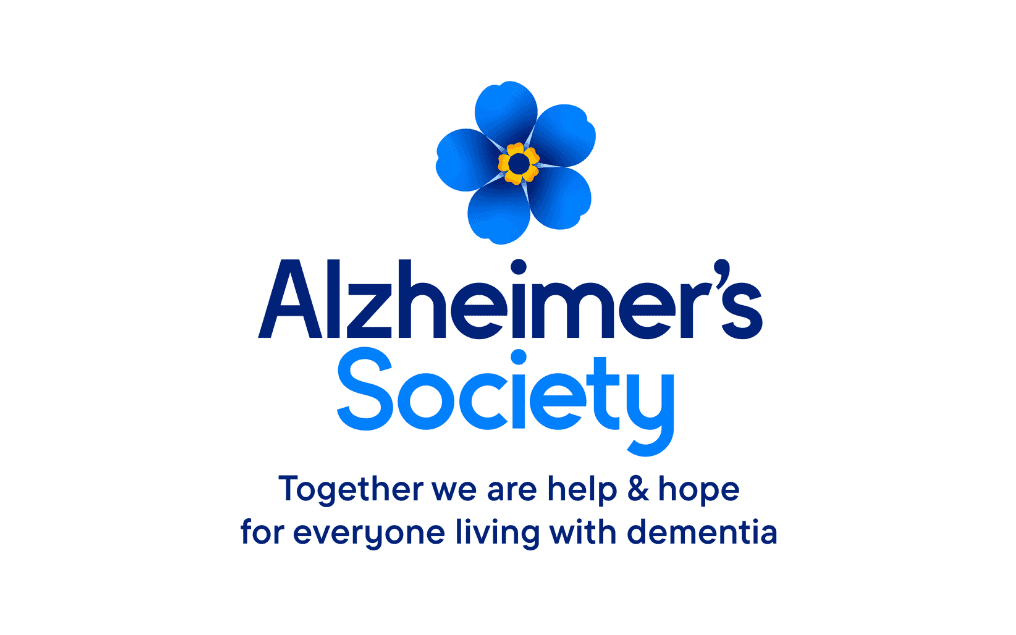Register to view 40 Industry-Leading Case Studies
Background
For more than 40 years, Alzheimer’s Society has been a powerful force for change, improving the lives of people living with dementia. The charity has remained committed to serving those living with dementia despite the challenges of the COVID-19 pandemic and the cost-of-living crisis. While it’s been a tough period, its 1,800 employees and 6,000 volunteers have gone above and beyond to help people through what is a frightening time for them. To keep their people engaged, healthy, happy and motivated the society has delivered an extended programme of health and wellbeing, fostered inclusivity and flexibility, and provided a safe space for people to connect and support each other.
Approach
Faced with the new reality of remote work and a focus on work-life balance, Alzheimer’s Society reviewed its working environment and employee policies, relying on feedback and insight from employee surveys and forums as well as competitor analysis. Initiatives such as a pay increase weighted towards lower paid employees, an employee support fund and enhanced policies concerning health, wellbeing and work-life balance were brought in. These included paid volunteering leave, Take Stock days with no meetings or emails on the first day back in January and a Wellbeing half-day leave.
Taking heed from engagement survey results and insights through the established Employee Forum, the society worked on fostering a sense of ‘belonging’. This was achieved by launching network groups led by those with lived experience and included an Equity network, Menopause Matters and Neurodiversity network. The initiative was so successful that it led to the appointment of a new Equity, Diversity, Inclusion and Belonging (EDIB) function to support these networks and our overarching approach to EDIB. During 2023 additional networks have come or are coming onstream, including Disability and Long-Term Conditions, Endometriosis/Menstrual Health, LGBQTIA+, Grief and Bereavement, Domestic Abuse and Settled in the UK.
Outcome
The new measures not only transformed the organisation, building trust, mutual support and recognition , but also boosted culture and productivity. Policies were well-received and led to more effective work arrangements and improved employee satisfaction. Engagement rates increased significantly, with a boost from 74% in 2021 to 80% in 2022 in employees feeling a sense of belonging and from 62% to 84% in believing there are opportunities to give genuine feedback and feel like your voice is heard. There are more than 500 members across the lived experience networks and the society was independently verified as a Menopause Friendly Employer due to its effective network here. Significantly, Alzheimers Society’s Glassdoor score has jumped from 2.3* to 4*. The society has not only improved hard metrics but also developed a safer environment where colleagues openly discuss personal challenges and feel valued. And it doesn’t stop there. The Society is now appointing a new full-time Wellbeing Lead to continue embedding wellbeing across the organisation and was pleased to recently feature as a Sunday Times Best Places to Work which acknowledged its focus on wellbeing.

